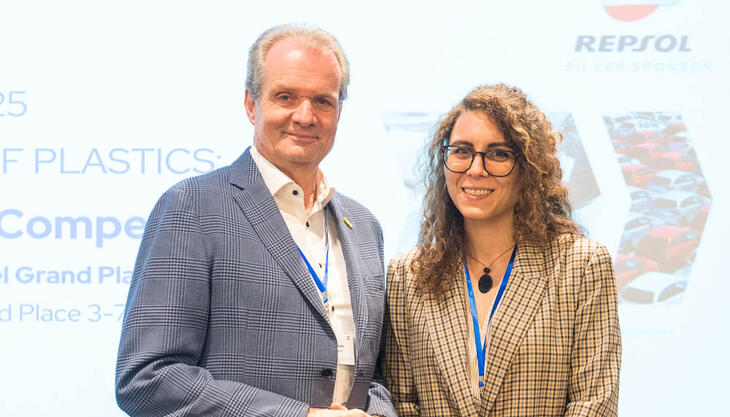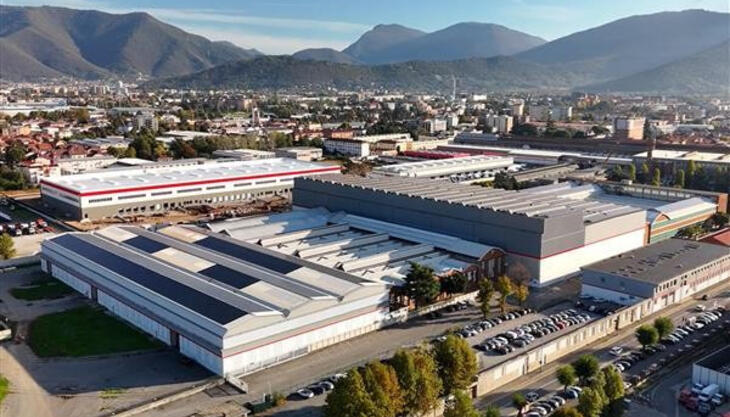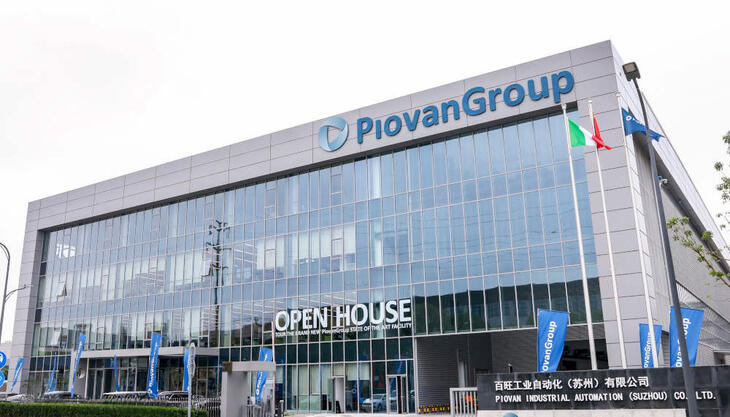RadiciGroup reports good financial year 2020 results despite the pandemic
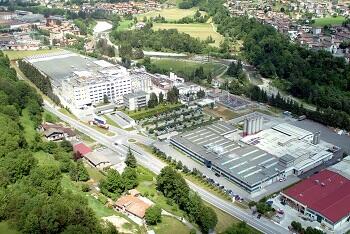
The Italian multinational founded and headquartered in Bergamo and leading producer of chemicals, engineering polymers, synthetic fibres and nonwovens, with 3,000 employees in 15 countries worldwide, RadiciGroup, closed its 2020 financial year with consolidated sales revenue of 1,019 million euros, curbing the decrease compared to 2019 to -6.7%. On the other hand, Ebitda reached 173 million euros, up 4.4% compared to the prior year, and net income, net of amortization and depreciation, rose to 87 million euros (+8.1% over 2019). Throughout the year, which was inevitably impacted by the pandemic and the restrictive measures adopted to contain its spread, the group continued its strategy of focusing on its strategic and synergistic core businesses, such as chemicals for nylon production, engineering polymers and advanced textile solutions.
Generally speaking, group performance in 2020 reflected the trend of the pandemic: a drastic drop in demand during the first half of the year after a lockdown was imposed, followed by a good recovery from September to November, which was, however, somewhat slowed down in December by an upsurge in the contagion rate. The Advanced Textile Solutions business area was more affected than the other BAs in the group, in line with the performance trend of the textiles sector nationwide. The year 2021 got off to a positive start: in the first quarter, sales revenue and gross operating margin went up in almost all business sectors, despite the large increase in the cost of raw materials observed in the same time period.
 “Fiscal year 2020 was certainly a challenging year in many respects”, Angelo Radici (in the picture on the right), president of RadiciGroup, stated. “Nevertheless, we managed to limit the negative effect of the pandemic and obtain satisfactory results, which confirm our competitiveness in the market. The new year began with a challenge: to fully seize the opportunities presented by the recovery of business activities. Although the global scenario is still uncertain, we are confident that, by leveraging the group’s reputation as a solid and efficient company and focusing on higher value-added products, enhanced production flexibility and investments in research and development, we will be able to continue to offer our customers high-performance solutions through our collaborative effort on increasingly innovative and sustainable projects”.
“Fiscal year 2020 was certainly a challenging year in many respects”, Angelo Radici (in the picture on the right), president of RadiciGroup, stated. “Nevertheless, we managed to limit the negative effect of the pandemic and obtain satisfactory results, which confirm our competitiveness in the market. The new year began with a challenge: to fully seize the opportunities presented by the recovery of business activities. Although the global scenario is still uncertain, we are confident that, by leveraging the group’s reputation as a solid and efficient company and focusing on higher value-added products, enhanced production flexibility and investments in research and development, we will be able to continue to offer our customers high-performance solutions through our collaborative effort on increasingly innovative and sustainable projects”.
Despite the particularly hard times of 2020, we maintained our commitment to ensure that our companies stay competitive, consistent with our previous years’ strategy. We set out a 50 million euros investment plan to upgrade the technology and flexibility of our production lines, as well as the sustainability of our products and processes.
“During the last five years”, Alessandro Manzoni (in the picture below), CFO of RadiciGroup, stressed, “we have invested over 240 million euros to meet the technological challenges of industrial development. All the while, we’ve kept debt under control and managed to close the 2020 financial year with a positive net financial position and improved asset ratios all across the board. We are thus ready to seize all the growth opportunities heading our way and to pursue further sustainable development objectives. To this end, capital investments are required, and finance is going to be an absolutely indispensable aspect of sustainability”.
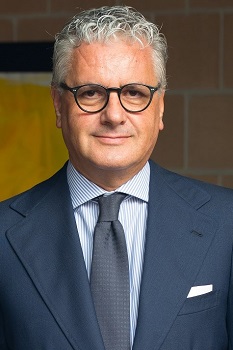 Accordingly, one of RadiciGroup’s key strengths is its focus on innovation and sustainability. And this is where Radici InNova comes in. Established in 2019 with the purpose of managing and coordinating all the group’s R&D activities, the company became fully operational in 2020 and started experimentation on a number of projects of strategic importance to the group.
Accordingly, one of RadiciGroup’s key strengths is its focus on innovation and sustainability. And this is where Radici InNova comes in. Established in 2019 with the purpose of managing and coordinating all the group’s R&D activities, the company became fully operational in 2020 and started experimentation on a number of projects of strategic importance to the group.
Among these projects, noteworthy is the development of materials for the medical sector, which was aimed at providing support to local communities. The initiative was launched in March 2020, a very difficult moment due to the shortage of personal protective equipment, and was soon organized into a structured production chain. Additionally, in the area of new applications, a number of projects were launched to develop new materials for the automotive sector, additive manufacturing and 3D printing. Other projects underway are related to the circular economy and the recycling and recovery of materials for reuse in the production of textiles and engineering polymers. Still another area of research and development involves the study of developing polyamides from renewable source materials.














